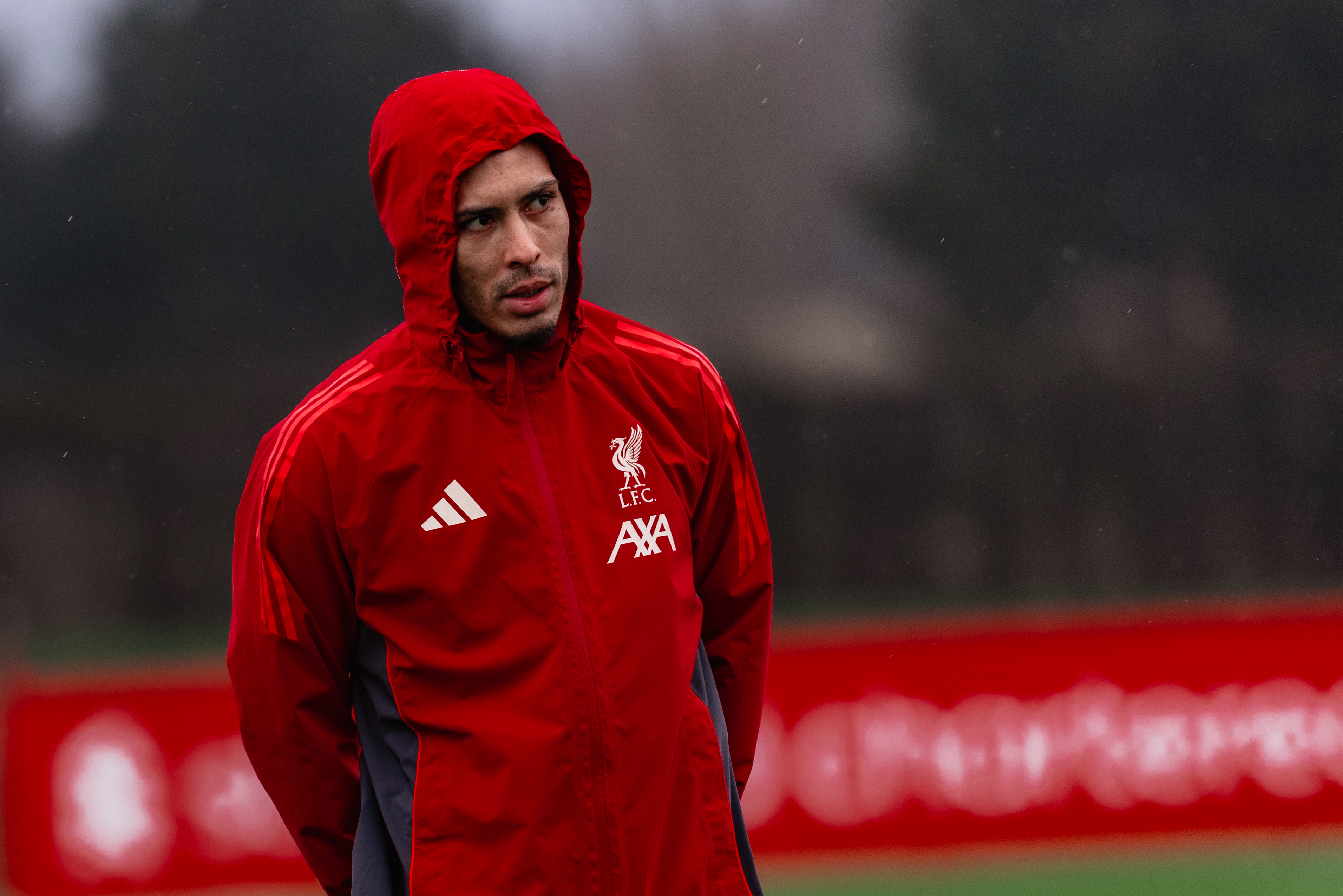Hola! World Cup 1982: How pre-tournament farce made way for triumph
The beauty of Brazil, the villainy of West Germany and the redemption of Rossi: the lasting memories of a remarkable tournament played out in the stifling heat of Spain
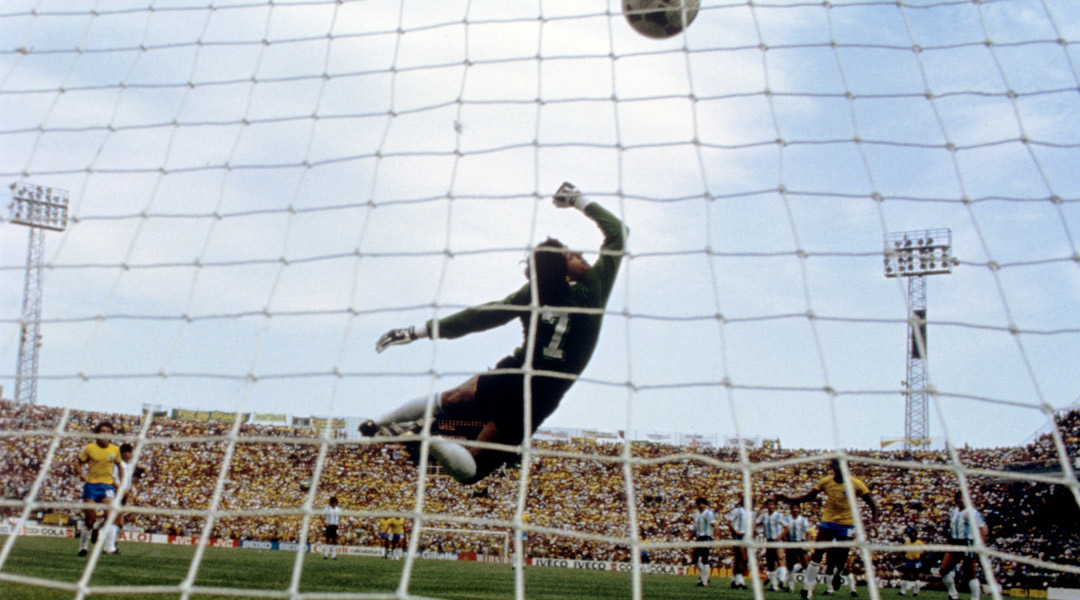
The best features, fun and footballing quizzes, straight to your inbox every week.
You are now subscribed
Your newsletter sign-up was successful
Want to add more newsletters?

Five times a week
FourFourTwo Daily
Fantastic football content straight to your inbox! From the latest transfer news, quizzes, videos, features and interviews with the biggest names in the game, plus lots more.

Once a week
...And it’s LIVE!
Sign up to our FREE live football newsletter, tracking all of the biggest games available to watch on the device of your choice. Never miss a kick-off!
Join the club
Get full access to premium articles, exclusive features and a growing list of member rewards.
It ended as a breathtaking triumph for Italy, but the tournament's success was achieved against all the odds, a drama played out against a backdrop of controversy and scandal.
The Italians might have lifted the trophy thanks to the wonderful attacking play of Paolo Rossi, but they arrived with a team famed for its defensive qualities. In Rossi they had a striker criticised for his lack of match fitness, having just returned following a two-year suspension.
The West Germans, meanwhile, started among the favourites having qualified with a 100 per cent record, but before the first group stages were over they had outraged the world with their informal peace treaty with Austria, agreed at Algeria's expense.
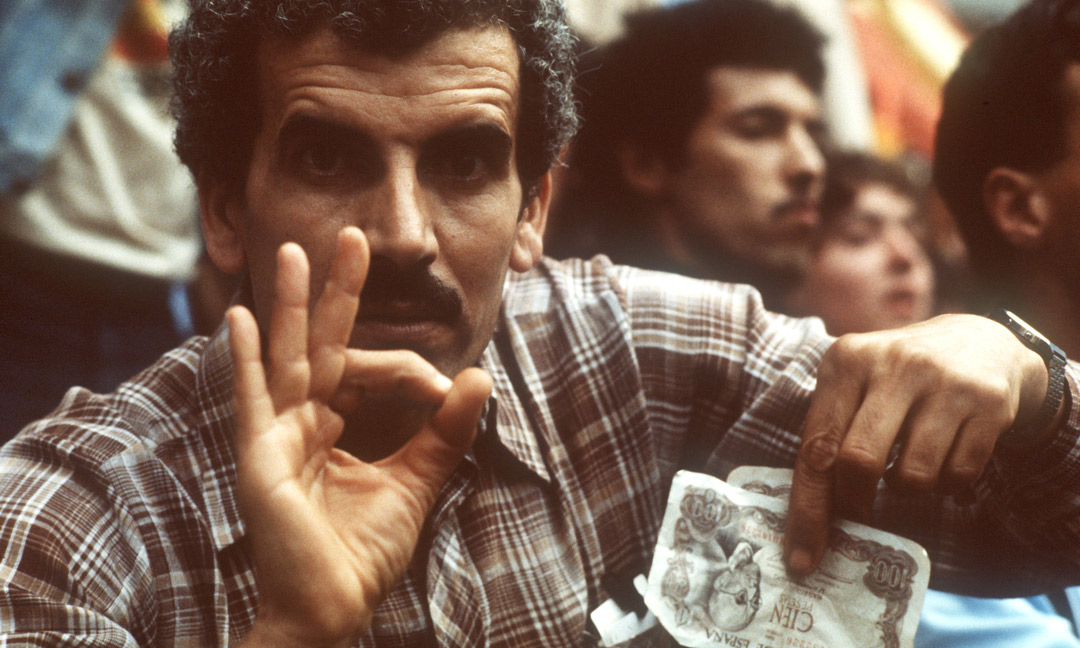
National disaster
That the tournament took place at all was a victory of sorts. Coming just six years after the death of Franco and four years after the introduction of democracy, there was a belief that Spain was incapable of staging such a global event. Just a week before the opening game, and with the infrastructure still in a chaotic state, Spain's leading newspaper El Pais called the tournament 'the great national disaster'.
A farcical draw didn't help: the balls representing Peru and Chile were left out of the pots, Scotland went into Argentina's pot and the cage containing the balls jammed, with one falling out and splitting in half.
Even without such unforeseen complications, the draw was difficult: 24 competing nations made this the biggest World Cup finals ever, and with this expansion, there was a fear that sides such as Kuwait, Honduras and El Salvador would amount to mere cannon fodder. A new format was required to accommodate them: consecutive group stages were retained for a third time, but knockout semi-finals were finally reintroduced for the first time since 1970.
The best features, fun and footballing quizzes, straight to your inbox every week.
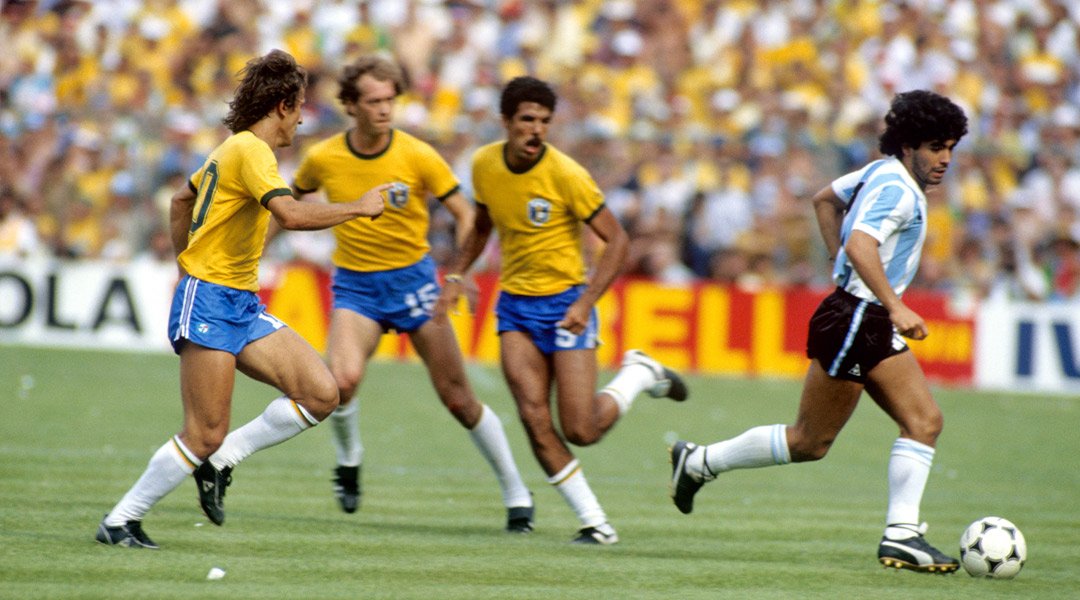
Brazil had also been out of fashion since 1970, but a 7-0 defeat of the Republic of Ireland in their final warm-up augured well. With Zico, Socrates, Falcao and Junior, this was a Brazil full of the kind of flair and raw skill that made comparisons with the World Cup winners of 1958 and 1970 inevitable. But they also lacked strikers, as Diego Maradona was more than happy to point out in the pre-tournament exchanges.
War and peace
Champions Argentina might normally have featured among the favourites, but arriving at the climax of the Falklands conflict they were a team overwhelmed by controversy. In another era it would have been unthinkable that nations would dispatch sportsmen to a World Cup while their soldiers were dying, but it was a sign of just how important this global football event had become that Argentina and three UK nations, England, Scotland and Northern Ireland all participated.
The clouds of war and complaints about scheduling and ticketing overshadowed the build-up, but on the pitch the 1982 World Cup was a huge success, with Rossi giving the competition its triumphant story of redemption.
From zero to hero in a month, this was Pablito's Cup.
World Cup Wonderland: stories, interviews and more
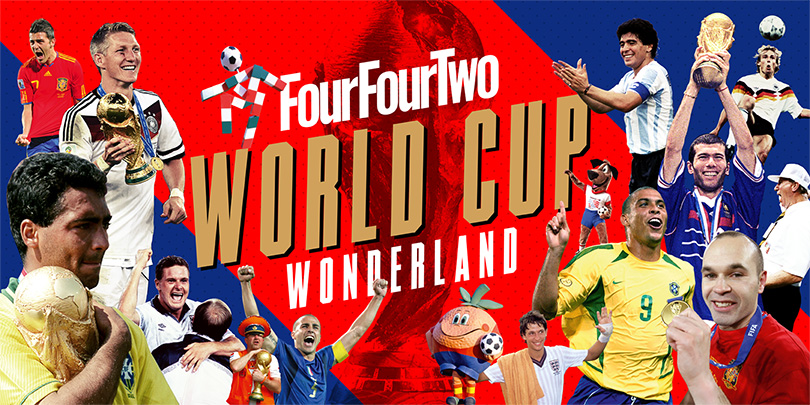
 Join The Club
Join The Club










